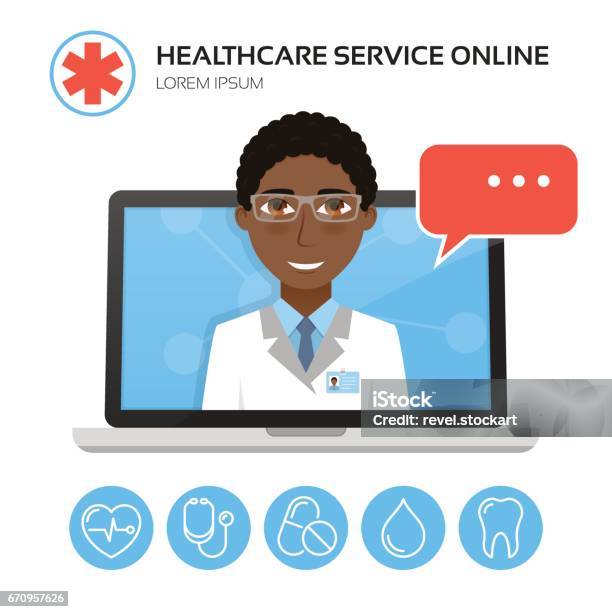Discover the Conveniences of Subscription Based Healthcare for Affordable Medical Care
Discover the Conveniences of Subscription Based Healthcare for Affordable Medical Care
Blog Article
The Rise of Subscription-Based Healthcare and Its Influence On Individual Care
As healthcare develops, the subscription-based design is obtaining traction, assuring to transform person care by supplying predictability and ease of access. The potential for these versions to improve health care delivery increases pushing concerns about their long-lasting sustainability and inclusivity. Are these membership services the future of healthcare, or do they run the risk of leaving vulnerable populations behind?
Comprehending Membership Health Care Versions
Comprehending the principle of membership health care versions entails analyzing a transformative method to medical solutions that highlights cost and availability. These versions, typically described as straight medical care (DPC) or concierge medicine, have actually arised as innovative options to traditional fee-for-service healthcare systems. Membership healthcare permits individuals to pay a fixed regular monthly or annual cost for a defined set of clinical services, which may include limitless office visits, regular exams, and fundamental laboratory examinations, without the need for conventional insurance policy billing.
The framework of subscription health care versions is designed to simplify patient treatment by removing third-party payers and complicated billing codes, thus lowering administrative burdens. Health care service providers can concentrate a lot more on patient treatment, promoting stronger patient-provider relationships. This design likewise advertises preventative treatment by urging routine sees, as the monetary challenge of per-visit costs is gotten rid of.
The membership model frequently equips doctor to manage smaller patient panels, enabling more tailored care. It aligns monetary motivations with client health results, as providers are inspired to preserve client satisfaction and wellness. Overall, comprehending membership medical care models needs identifying their potential to improve how treatment is delivered and accessed.
Advantages for Individuals and Service Providers

For companies, subscription-based models supply the possibility to strengthen patient-provider relationships. With a steady revenue stream, health care specialists can commit more time to each individual, resulting in a more customized and extensive care experience. This model also minimizes dependence on high individual volumes, easing exhaustion and improving job satisfaction. Furthermore, the emphasis on preventive treatment within registration strategies can result in far better client end results and minimized long-term healthcare costs. By concentrating on continual treatment, carriers can address issues before they rise, inevitably profiting the medical care system overall by minimizing the worry on emergency situation and acute treatment solutions.
Difficulties and Concerns
While subscription-based medical care models existing various benefits, they likewise come with a set of obstacles and worries that should be resolved. This elevates ethical concerns regarding fair access to healthcare services.
Financial sustainability of subscription-based models is one more worry. Carriers should stabilize the fixed income from subscriptions with the variable costs of health care services, which might change due to unpredicted medical requirements. This can create pressure to limit services or rise charges, potentially influencing person fulfillment and care quality.
Furthermore, governing oversight of subscription-based health care models is still progressing. pop over to these guys The absence of standard structures can lead to irregular service high quality and accountability, complicating efforts to ensure client protection. Finally, the assimilation of modern technology-- usually a foundation of these versions-- elevates inquiries about data personal privacy and safety and security, as sensitive individual details can be prone to breaches. Addressing these obstacles is crucial for the effective and equitable execution of subscription-based health care.
Influence On Patient-Doctor Relationships
One substantial effect of subscription-based healthcare models on patient-doctor relationships is the possibility for enhanced connection and personalized treatment. By embracing a registration version, medical professionals can manage a smaller sized client panel, enabling for even more devoted time with each individual. This raised schedule promotes a much deeper understanding of a person's clinical background, way of life, and preferences, allowing a lot more customized treatment plans and interventions.
Nonetheless, it is essential to recognize that while subscription-based versions may benefit those who can manage them, they can unintentionally broaden healthcare differences. Individuals that are not able to participate in these designs could experience reduced access to customized treatment, potentially impacting their connections with medical care companies. Thus, while the subscription model provides appealing you can check here advantages for patient-doctor relationships, it also positions obstacles that need to be resolved to ensure fair health care gain access to.
Future of Health Care Access

The duty of technology can not be ignored in this improvement. Telemedicine platforms and electronic health records help with seamless communication in between individuals and doctor, breaking down geographical and logistical barriers. In addition, innovations in expert system and data analytics can additionally customize treatment by anticipating person demands and maximizing treatment strategies.
Nevertheless, the future of health care access also provides challenges, such as making sure equity throughout different socio-economic teams. Policymakers and doctor need to collaborate to link the digital divide, making sure that subscription-based designs remain affordable and inclusive. As these systems develop, they hold the guarantee of making healthcare more easily accessible, effective, and patient-centric.
Final Thought
Subscription-based healthcare designs are reshaping patient treatment by supplying a secure price structure and improving availability. The rise of subscription-based health care encourages positive client engagement, which has the potential to boost individual results and contentment, indicating a transformative shift in medical care shipment.
As health care advances, the subscription-based design is gaining traction, assuring to change individual care by offering predictability and accessibility.Subscription-based medical care designs offer distinctive benefits for both carriers and individuals, enhancing the total health care experience.As health care systems progress, the future of medical care access frequently hinges on the assimilation of ingenious versions and technologies.Subscription-based medical care models are improving individual care by providing a steady cost structure and boosting access. The increase of subscription-based health care urges positive patient engagement, which has the prospective to improve person results and contentment, signaling a transformative shift in healthcare distribution.
Report this page